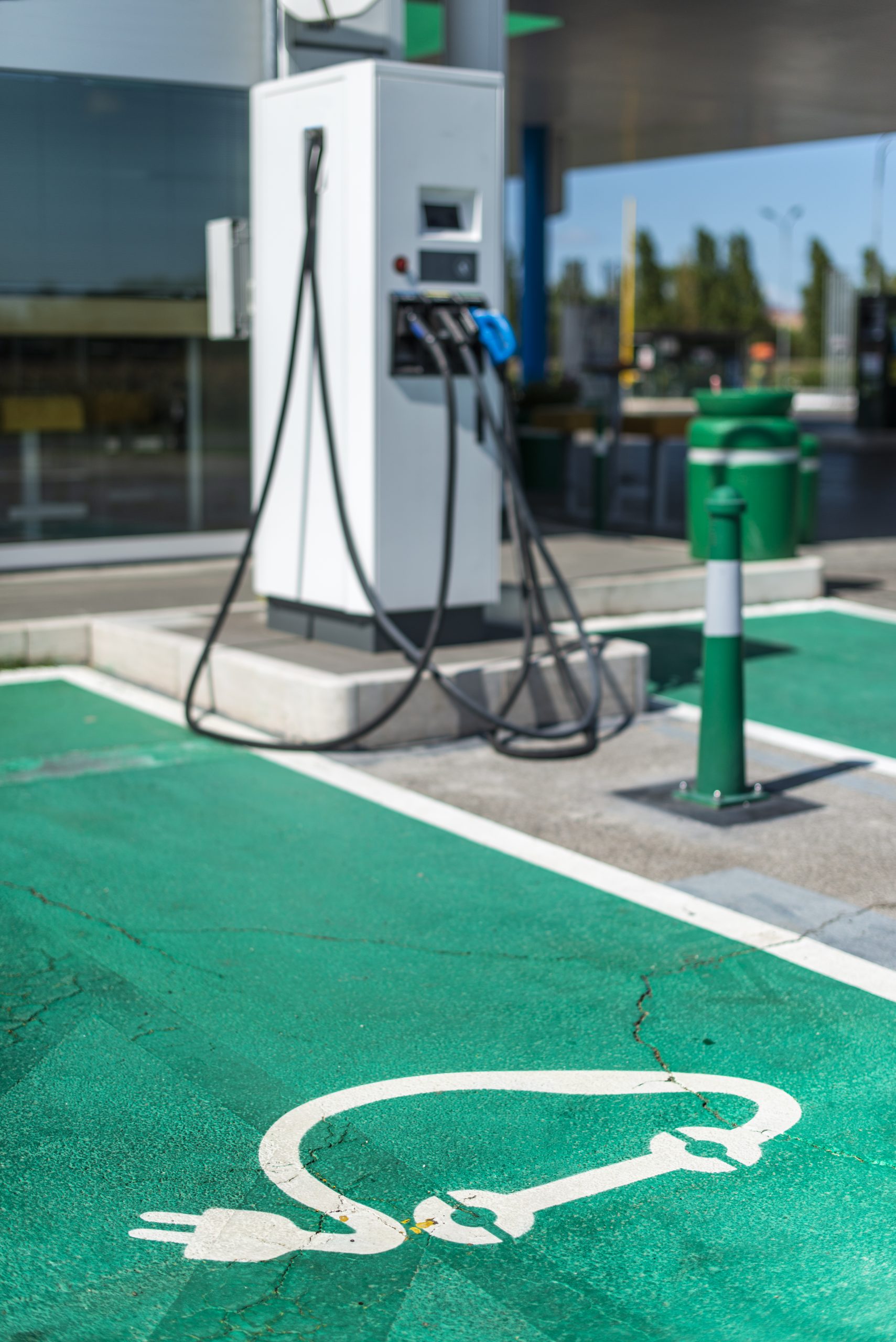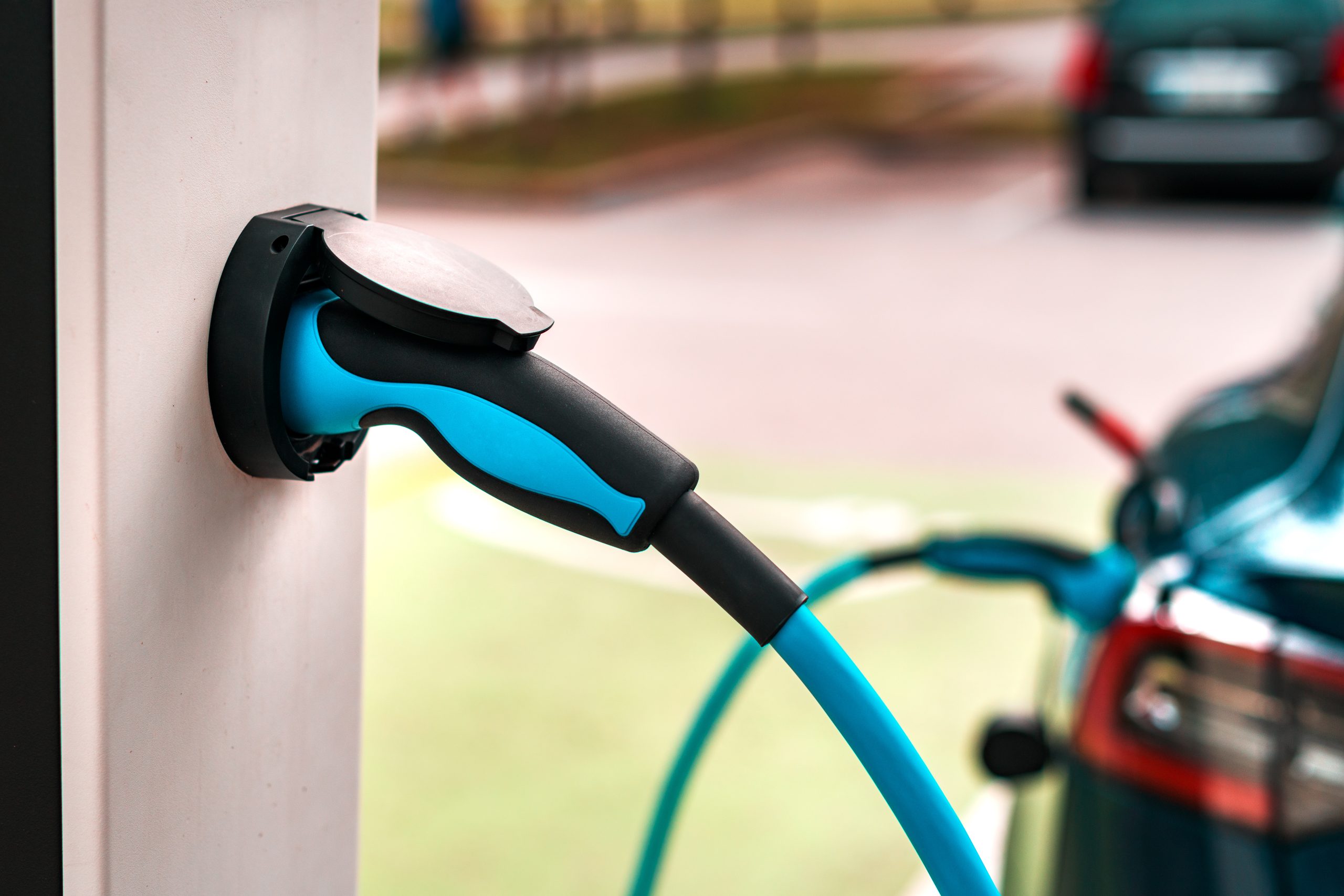HOW DOES EV CHARGER INSTALLATION WORK, COSTS & HOW TO PREPARE
Installing an EV charger at home is a great way to ensure that your electric vehicle is always charged and ready to go Home installation is often a more convenient and cost-effective option compared to public charging stations and is a must for any electric car owner. Lets take a look at what you need to know about the installation process and how to best prepare.
- What to consider before buying a charger
- Selecting the right location for your charger
- Site Surveys
- What is Standard Installation?
- DNO Applications
- Getting a quote and booking installation
- On the installation Day
- OZEV Grant Application
What to Consider Before Buying a Charger
Before purchasing an EV charger for your home, there are several factors to consider to ensure that you make the right choice.
Compatibility
First, you need to ensure that the charger you choose is compatible with your electric vehicle. Most EVs in the UK use Type 2 connectors. Some chargers will be tethered, with a cable attached, or have a socket where you can plug your own cable in. Check out our tethered vs untethered guide for more info on this.
Charging Speed
The charging speed of a charger is measured in kilowatts (kW). The higher the kW rating, the faster the charger will charge your vehicle. However, faster charging speeds may require more expensive hardware and installation costs. Consider your daily driving needs and your budget before choosing a charger with a high kW rating.
Installation Location
You can install the charger in a variety of places at your home. This can be directly on a wall, on your garage or even on its own post for some chargers. Deciding early on where you would like the charger is important, both for the aesthetic of your home but also to help determine if there are any extra costs involved in your installation. This can also determine the type of charger you might want to buy. Some chargers are more compact than others, so if space is an issue this may be a factor in your charger purchase.
Cost
The cost of an EV charger can vary widely depending on the brand, features, and charging speed. They are a significant purchase and, including installation, you will be looking at anywhere from £800-£2000+. Consider your budget and the features you need before making a purchase.
Selecting a Location for the Charger
The first step in choosing the right EV charger for your home is selecting a location for the charger. The charger should be installed in a convenient location that is easily accessible. The location should also be close to a power source and have enough space to accommodate the charger.
It is recommended that the charger be installed in a garage or carport to protect it from the elements. If a garage or carport is not available, the charger can be installed outside. However, the charger should be installed in a sheltered area to protect it from rain and other weather conditions.
When selecting a location for the charger, it is important to consider the length of the charging cable. The charging cable should be long enough to reach the vehicle from the charging location. If the vehicle is parked in a driveway, the charging cable should be long enough to reach the vehicle from the charging location.
It is also important to consider the location of the electrical panel. The charger should be installed near the electrical panel to minimize the cost of installation. If the electrical panel is located far from the charging location, additional wiring may be required, which can increase the cost of installation.
Site Survey
Before installing an EV charger at home, most installers will conduct a site survey in order to determine if there are any factors which fall outside of standard installation criteria. This process can be performed online with you taking pictures of various items such as you fuse box and the location you want to install your charger. In some cases installers will need to do a physical site survey.
Online Survey
Many EV charging installation companies offer online surveys that can be completed by the homeowner. These surveys typically ask questions about the homeowner’s electrical system, parking situation, and other relevant information. The online survey allows the installation company to determine if the homeowner’s property is suitable for an EV charger installation.
Site Visit
If the online survey indicates that the property is suitable for an EV charger installation, a site visit will be scheduled. During the site visit, an electrician will assess the electrical system and parking situation to determine the best location for the charger. The electrician will also check if the electrical system can handle the additional load of the charger and if any upgrades are necessary.
The electrician will also evaluate if the installation complies with the British Standard BS 7671:2018+A1:2020, which is the UK’s national standard for electrical installations. Compliance with this standard ensures that the installation is safe and meets the necessary requirements.
If the site visit reveals any issues that need to be addressed before the installation, the electrician will inform the homeowner and provide recommendations for resolving the issues.
Standard Installation
Most installers have a set of criteria which initial quotes will be based upon. While this is not completely standard and can vary by installer, a common assumption list will include the following.
- Up to 10m of cabling
- Drilling through a wall >500mm and routing a cable through it
- Installation of CT clamps included with charger
- Installation of a Type C MCB
- Electrical testing and the NICEIC Certification
- No ground works
Additional Works
Additional works may be required to ensure that the installation is safe and complies with local regulations. For example, the installation may require upgrades to the earthing system or the installation of surge protection devices. The homeowner should consult with a qualified electrician to determine the additional works required and the associated costs.
Ground Works
Ground works may also be required to install an EV charger. This may involve digging a trench to lay conduit or installing a ground-mounted pedestal. The cost of the ground works will depend on the complexity of the installation and the type of charger being installed.
Fuse
The installation of an EV charger will also require the installation of a fuse or circuit breaker to protect the electrical system. The size of the fuse will depend on the capacity of the charger and the electrical load of the home. The homeowner should consult with a qualified electrician to determine the appropriate fuse size and ensure that the installation is safe and compliant with local regulations.
DNO Application
Before installing an EV charger at home, it is important to submit an EV/HP application form to the Distribution Network Operator (DNO). The DNO is responsible for maintaining the local electricity network and ensuring that it can handle the additional demand from the EV charger.
The EV/HP application form requires information about the proposed installation, including the charger’s location, power rating, and expected usage. It is important to provide accurate information to ensure that the DNO can make an informed decision about the application.
Once the form is submitted, the DNO will assess the notification and be in touch if submitted incorrectly. If the application is approved, the DNO will provide a connection agreement that outlines the terms and conditions of the connection.
It is important to note that the DNO application process can take several weeks, so it is advisable to submit the form well in advance of the installation date. Failure to obtain approval from the DNO can result in fines or even legal action.
It is also worth noting that the DNO may require additional works to be carried out before the EV charger can be installed. For example, upgrading the meter tails or fuse holder to accommodate the additional demand. These works can be costly, so it is important to factor them into the installation budget.
Book Installation
Once you have decided to install an EV charger at home, the next step is to book an installation appointment. The installation process can take several hours, so it is important to set aside enough time for the installation.
Most EV charger manufacturers offer installation services, so it is recommended to book the installation through the manufacturer. This ensures that the installation is done by a qualified electrician who is familiar with the specific charger model.
During the booking process, the installer will ask for information about your home’s electrical system, such as the location of the electrical panel and the distance between the panel and the proposed location of the charger. It is important to provide accurate information to ensure a smooth installation process.
Before the installation appointment, it is recommended to clear the area where the charger will be installed. This includes removing any obstacles and ensuring that the area is clean and accessible. It is also important to ensure that the electrical panel is easily accessible.
On the day of the installation, the installer will arrive with all the necessary tools and equipment. They will first inspect the electrical panel and make any necessary upgrades, such as installing a dedicated circuit. They will then install the charger and test it to ensure that it is working properly.
On the Installation Day
On the day of installation, the engineer will arrive at the agreed time and location. They will confirm the location of the charging point and discuss any necessary adjustments to the installation plan. The engineer will then proceed to install the charging point according to the manufacturer’s instructions and industry standards.
It is recommended that the homeowner or a representative is present during the installation to ensure that they are satisfied with the work being carried out. The installation process usually takes a few hours, depending on the complexity of the installation and the type of charger being installed.
Once the installation is complete, the engineer will test the charging point to ensure that it is functioning correctly. They will also provide a demonstration of how to use the charging point and answer any questions that the homeowner may have.
It is important to note that the installation of an EV charger may require some electrical work to be carried out, such as the installation of a dedicated circuit or a consumer unit upgrade. The engineer will advise the homeowner of any additional work required and provide a quote for the work.
After the installation is complete, the homeowner should register their charging point with the manufacturer and their energy supplier. This will ensure that they are eligible for any warranty or support offered by the manufacturer and that they are billed correctly for the energy used to charge their EV.
OZEV Grant Application
Applying for the OZEV grant for installing an EV charger at home is a straightforward process. The grant covers 75% of the cost of buying and installing a wallbox charger, up to a maximum value of £350. To be eligible for the grant, several criteria need to be met:
- The applicant must have dedicated off-street parking.
- The applicant must have purchased or leased an eligible electric vehicle (EV) or plug-in hybrid electric vehicle (PHEV) on or after 1 October 2016.
- The applicant must use an OZEV-approved installer to install the charger.
- The charger must be installed at the applicant’s home address.
Once the applicant has met the eligibility criteria, they can apply for the grant through the OZEV website. The application process involves filling out an online form and providing evidence of eligibility, such as proof of purchase or lease of an eligible EV or PHEV and proof of ownership or access to the property where the charger will be installed.
After the application is submitted, the OZEV will review it and issue a voucher to the applicant if they are eligible for the grant. The voucher is valid for 4 months and can be redeemed with an OZEV-approved installer for the installation of the charger. The installer will claim the grant on the applicant’s behalf, and the applicant will only need to pay the remaining cost of the installation after the grant has been deducted.
It is important to note that the OZEV grant can only be claimed once per eligible vehicle and household. Additionally, the grant is only available for people who live in a rented property or own a flat with dedicated off-street parking. For those who do not meet the eligibility criteria, there are other grant schemes available, such as the EV chargepoint grant for installing electric vehicle smart chargepoints at domestic properties across the UK.








